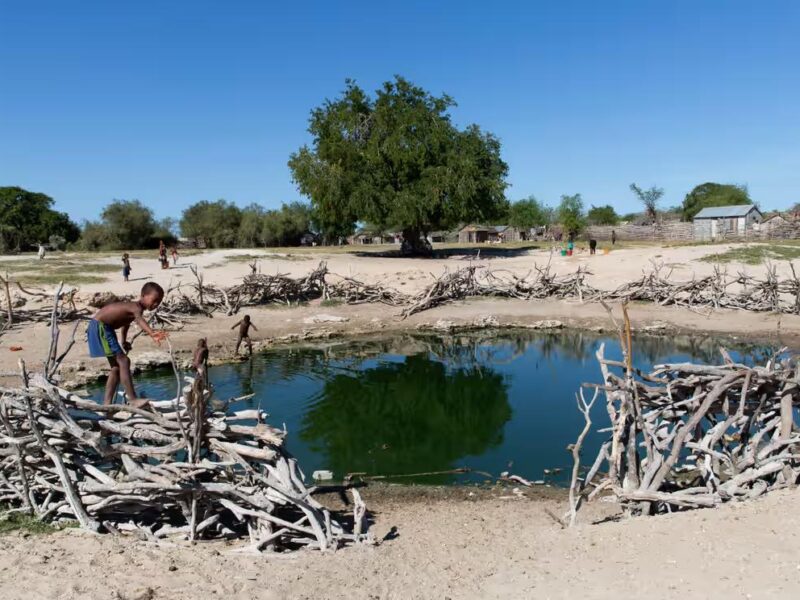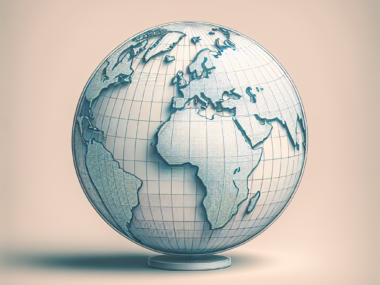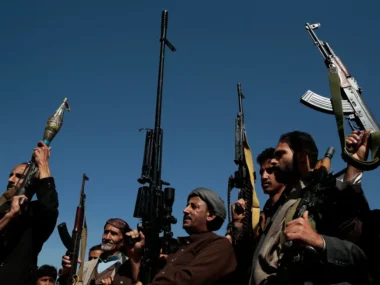According to a study, the effects of heat on millions of people went unreported, underscoring the difficulties that many African nations face.
According to a research, without human-caused global warming, the record-breaking heatwave that hit Madagascar in October would have been “virtually impossible.”
Millions of extremely impoverished people were impacted by the severe temperatures, yet neither authorities nor the media reported the harm to these people’s lives. The ability to track the effects of climate change is lacking in many African administrations. The report’s experts claimed that the lack of knowledge made it extremely difficult to put preventative measures in place.
The first study in sub-Saharan Africa to relate the extended heatwave to the climate problem discovered that temperatures there were 2.5C above the previous normal. More than 3 million people live in Madagascar’s capital city of Antananarivo, which saw some of the most extraordinary temperatures. This intensity of heatwave would be expected every five years if continuing burning of fossil fuels raises global temperatures by two degrees Celsius above pre-industrial levels, the researchers concluded.
Numerous climate studies have now demonstrated that worldwide extreme weather events are becoming more common and intense due to human-caused global warming. Over the past three decades, millions of undocumented early fatalities are probably the result of heatwaves alone.
At the UN Cop28 climate summit, which starts on November 30, funding from wealthier nations to assist the developing world in coping with the effects of climate change will be a major topic of discussion.
“Climate change is already having an impact on Madagascar, making life harder for millions of people,” stated Dr. Rondrotiana Barimalala, a Malagasy oceanographer who is currently employed at the Norwegian Research Centre in Bergen. Governments and communities must act to strengthen their resilience.
A climatologist at the Royal Netherlands Meteorological Institute named Dr. Izidine Pinto stated: “Africa is notorious for underreporting heat impacts.” Simply said, many impoverished nations lack the resources to deal with intense heat.
Red Cross Red Crescent Climate Center spokesperson Sayanti Sengupta stated: “It is definitely having an impact even if it isn’t reported.” She continued by saying that anecdotal reports indicated that youngsters had difficulty breathing during the heatwave due to nighttime temperatures.
Leading climate experts warned the Guardian in August that while 2023 had broken records for global temperatures, the extreme weather was only the “tip of the iceberg” in terms of the considerably worse effects that lie ahead.
The World Weather Attribution Organization carried out the latest investigation. Utilizing meteorological information and climate models, the researchers examined how the frequency and intensity of heatwaves in Madagascar now differed from those that occurred prior to the planet’s temperature rising due to global warming.
The poorest people are the ones who suffer the most from climate change, but the wealthiest nations and corporations are the ones who cause it, according to Dr. Friederike Otto, a senior lecturer in climate science at Imperial College London. We need wealthy nations to pledge to providing funding for the loss and damage fund at Cop28.











